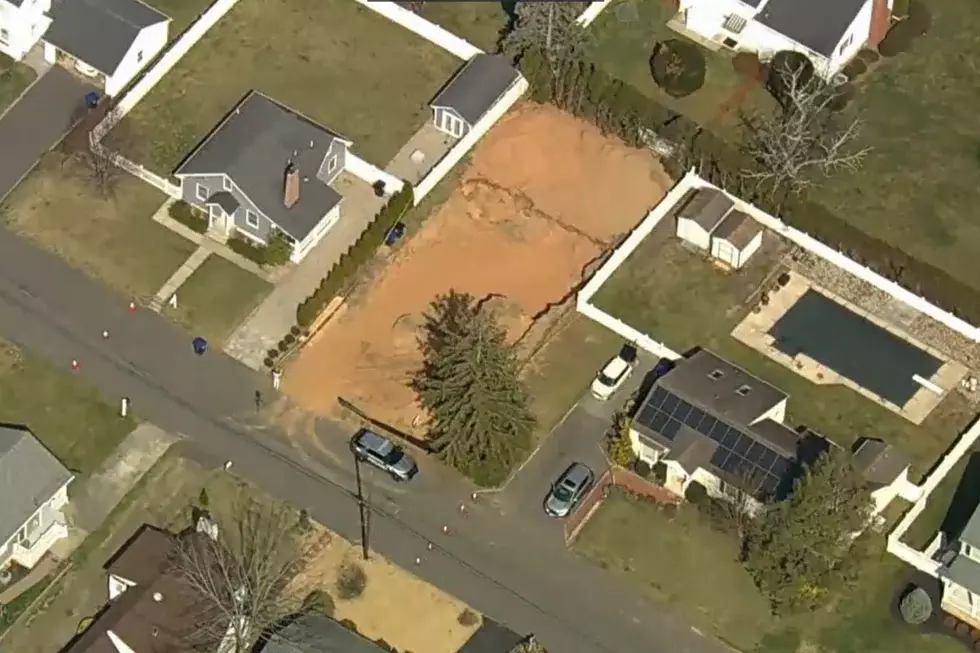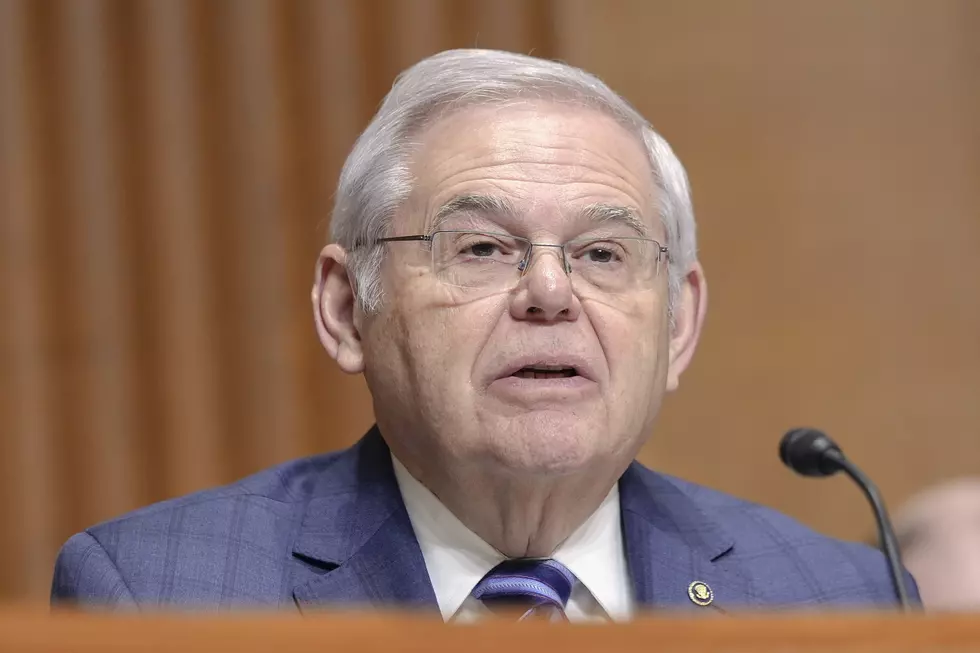
Poll says most New Jerseyans would opt for non-opioid prescription to reduce pain
As New Jersey continues to grapple with an opioid epidemic, more people have become aware of the problem.
About 71% of New Jerseyans who have been prescribed an opioid in the past two years recall their doctors discussing the potential risks, according to a recent Fairleigh Dickinson University poll with support from The Partnership for a Drug-Free New Jersey (PDFNJ).
The poll showed New Jerseyans are empowered and knowledgeable about the opioid epidemic and how they can help protect themselves, said Angelo Valente, PDFNJ executive director.
Many would say no to opioids
One poll finding showed that six out of 10 New Jersey adults would opt for a non-opioid alternative when faced with a decision to get prescribed an opiate for acute pain, Valente said. That number jumped to eight out of 10 when that same question was posed whether or not they would accept a non-opioid alternative in addressing pain for a child.
When it comes to children, Valente said the brain of a child is developing well into their early 20s and it's important that people try to look for ways to be able to avoid the potential for dependency and addiction, which can come in as few as five days when being prescribed an opiate.
Valente said what's also been learned through research is that children who have been given a prescribed opiate from a medical professional are 30% more likely to become dependent on opiates as an adult.
He said he's seeing a cultural shift because, for the past 10 years, the PDFNJ has been educating and informing the medical community and the general public about the dangers of opioid abuse.
There's been an aggressive media campaign that the partnership has run that has been replicated throughout the country. It also shares factual information that opiate dependency begins with only a five-day supply of an opiate, he added.
"Many people overdosing on opioids likely developed their addiction after being given prescription opioids by their doctors and dentists," said Valente.
New Jersey was the first state in the nation to institute a law that required that before prescribing an opioid, there had to be a conversation between a prescriber, doctor, dentist, or nurse practitioner and the patient or the parents of the patient. Valente said that the conversation had to discuss the addictive quality of the drug they'd be receiving and the potential for non-opioid alternatives to treat acute pain.
PDFNJ's long-running "Knock Out Opioid Abuse" town halls have also educated thousands on the link between prescribed opioids, addiction and overdose, said Valente. It's been successful in engaging individuals at all levels: state, community, and in-and-out of government to really understand, that when faced with a decision in getting a prescription for an acute pain situation, that in many cases, non-opioid alternatives are just as effective. It's also a protective factor in addressing individuals who may become dependent on opioids if given that drug.
Opioid addiction hits close to home
Overall, more than a third of those polled indicated they have known someone who has been addicted to opioids. Valente said this is important because it shows the disease is affecting all communities across New Jersey in urban, rural, and suburban areas. Everyone needs to take steps to protect themselves or their families.
"I think the most important finding of this survey is the fact that the people of New Jersey are empowered and they're also, I think, very well informed on the opportunities for choosing a non-opioid alternative in addressing acute pain. I think that's a very important distinction between what we've done in New Jersey and what we've been seeing throughout the country," said Valente.
And while New Jersey is making great strides in educating people about the opioid issue, Valente said there is still a good number of residents who are not fully knowledgeable, and that issue needs to be further addressed.
"Our efforts will continue until every New Jerseyan understands that there are alternatives to opiates for acute pain and also that there are ways to be able to help protect themselves and their families by asking those questions, by having those conversations, at the time of prescribing with their medical professionals," said Valente.
25 Christmas songs performed by NJ artists
New Jersey's best tourist town for all 4 seasons
More From New Jersey 101.5 FM









